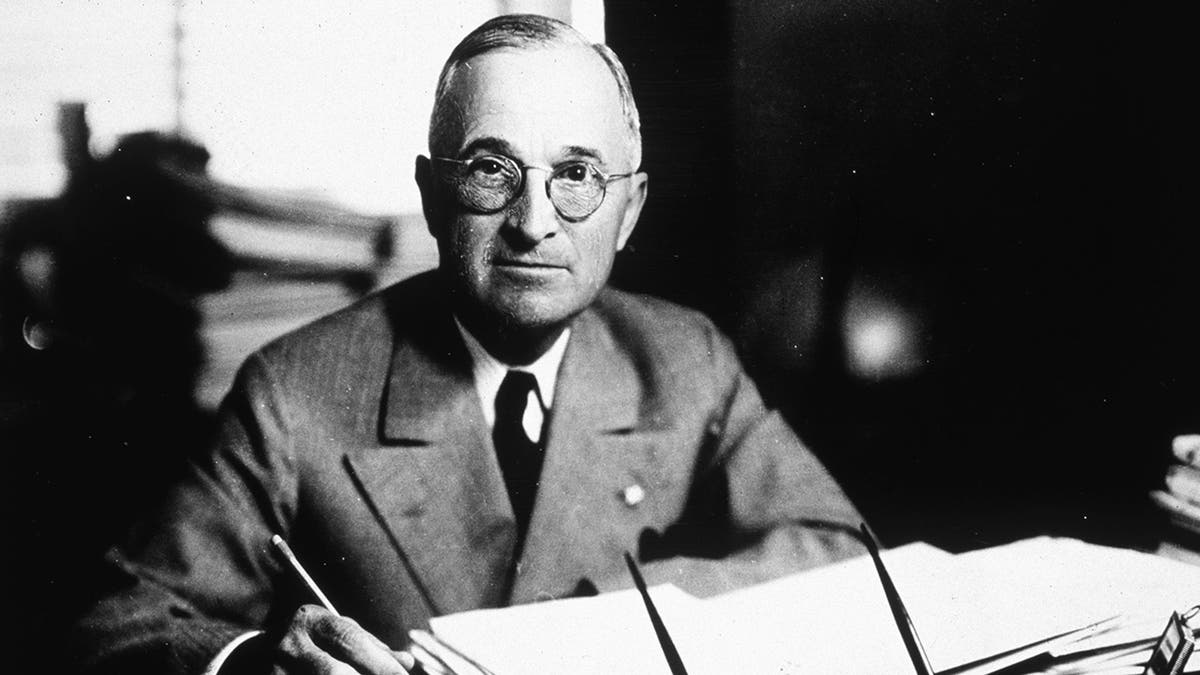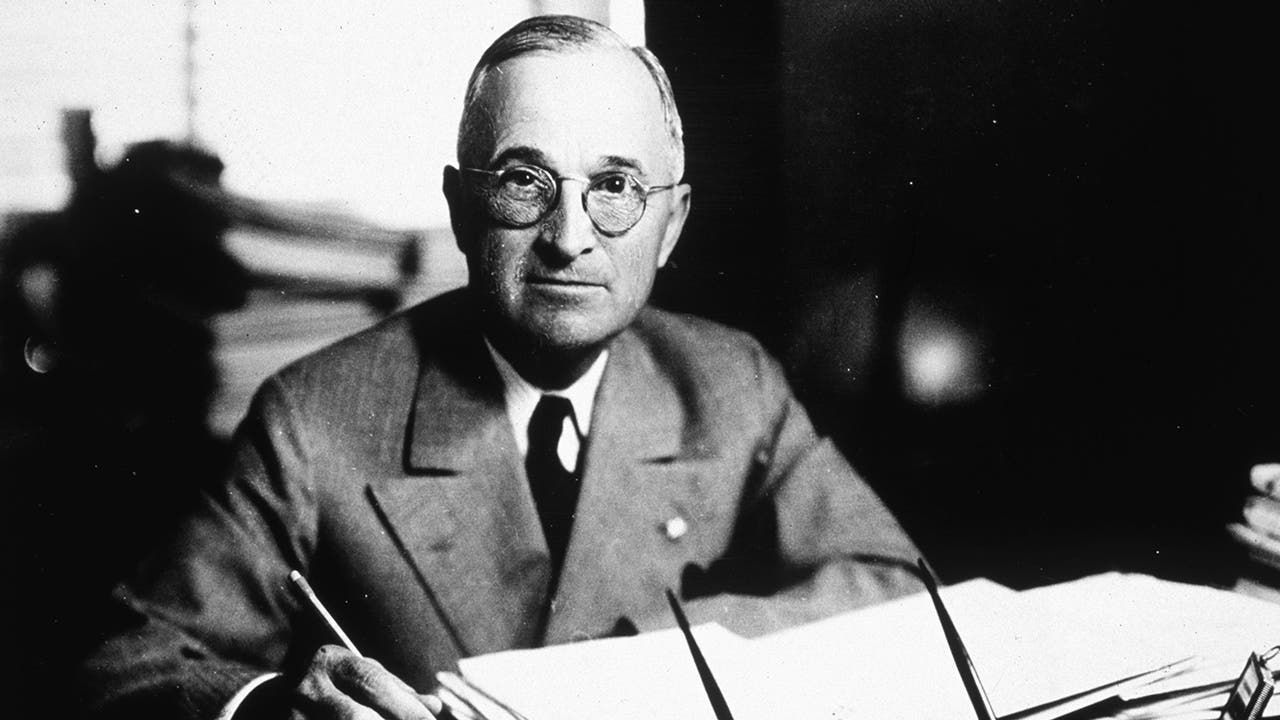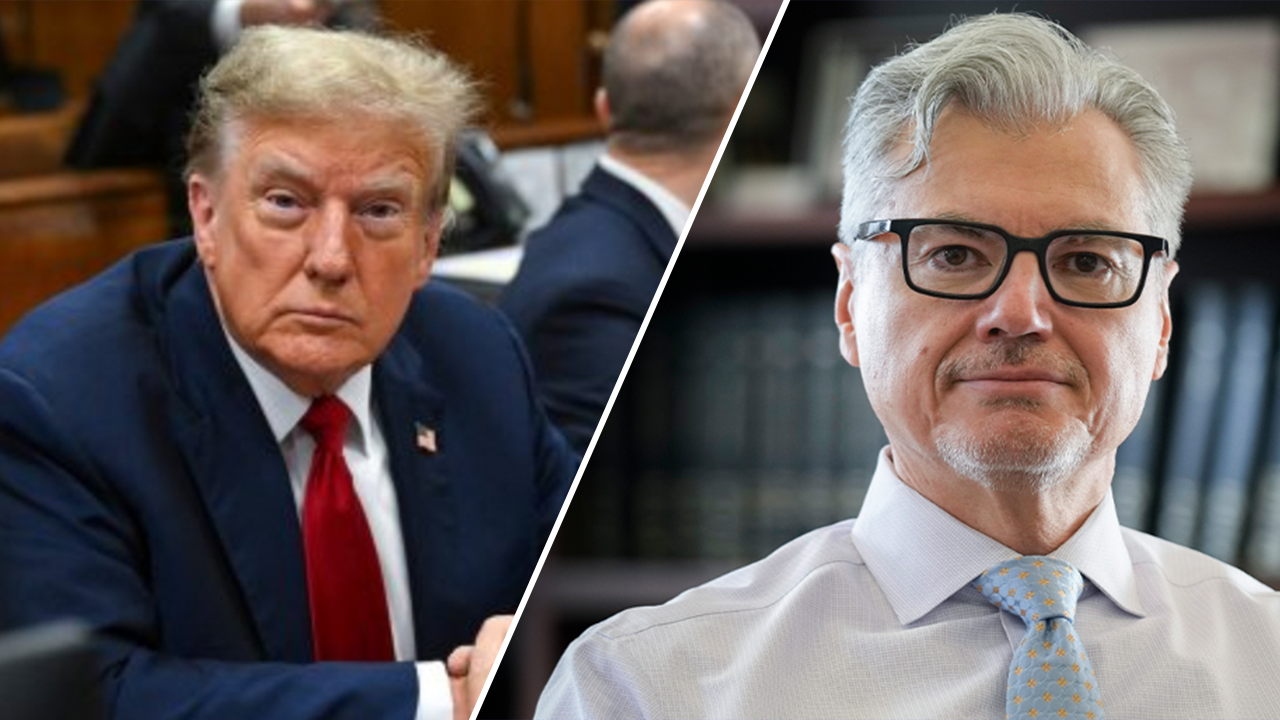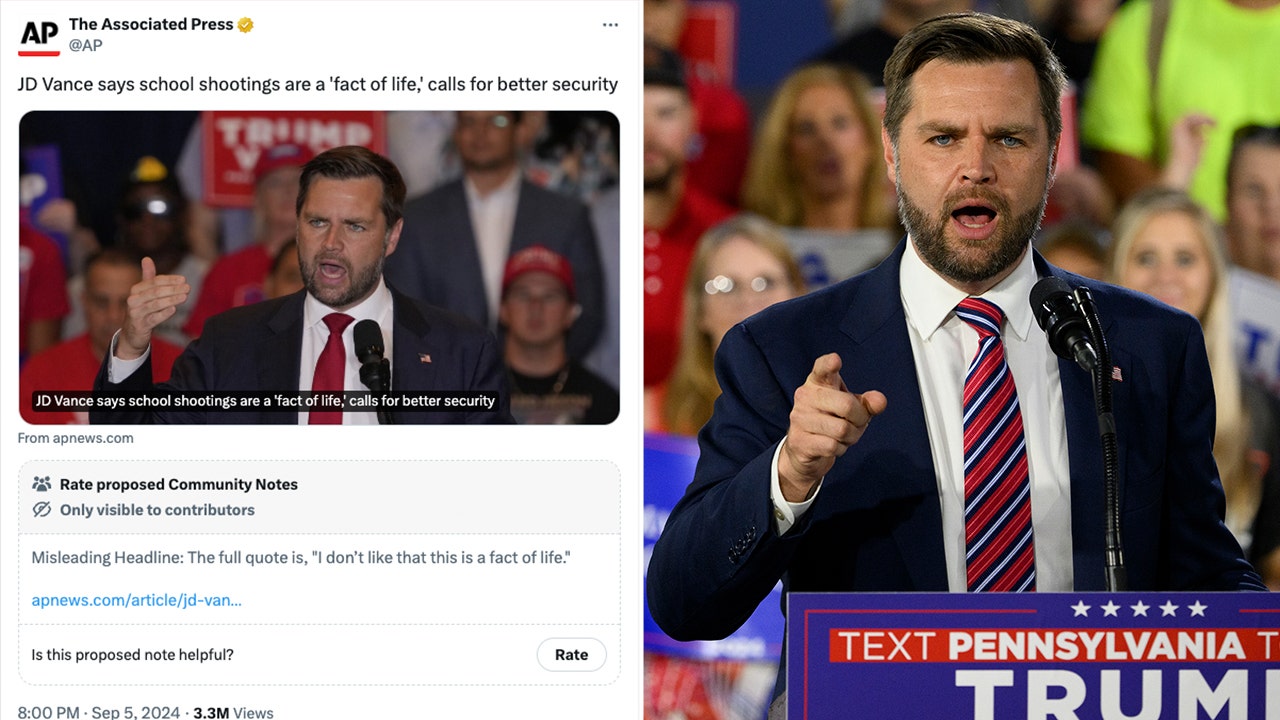The Potsdam Conference marked the diplomacy of the end of the Second World War.
And on this day in history, July 17, 1945, after Nazi Germany's surrender in the war, President Harry S. Truman, British Prime Minister Winston S. Churchill and Soviet leader Josef Stalin began meeting in Potsdam, a suburb of Berlin, Germany, in the last Allied summit of World War II, according to Britannica.com.
The purpose of the conference was to negotiate the terms for ending World War II.
ON THIS DAY IN HISTORY, JULY 16, 1911, AMERICAN ACTRESS AND DANCER GINGER ROGERS WAS BORN
The three most pressing issues discussed in Potsdam concerned how to handle a defeated Germany, the fate of Poland and the ultimate destruction of Japanese military power, according to the National World War II Museum in New Orleans.
“The most controversial issues were those related to German reparations, the economic rehabilitation of Germany, Poland's borders after the war and the composition of the Polish government,” the same source said.
U.S. President Harry S. Truman seated in the White House Library, circa 1950. On July 17, 1945, following Nazi Germany's surrender in the war, President Truman, British Prime Minister Winston S. Churchill, and Soviet leader Josef Stalin began meeting in Potsdam, a suburb of Berlin, Germany, for the final Allied summit of World War II. (Fotosearch/Getty Images)
These esteemed world leaders worked out many of the details of the postwar order in the Potsdam Agreement, signed on August 1, History.com reported.
Plans were confirmed to disarm and demilitarize Germany, which would be divided into four allied occupation zones controlled by the United States, Britain, France and the Soviet Union, the source said.
The formation of a Council of Foreign Ministers was also approved.
The agreement also outlined plans to drastically remake German society, repealing laws passed by the Nazi regime and removing Nazis from the German educational and judicial systems, and arresting and trying Germans who had committed war crimes, according to History.com.
ON THIS DAY IN HISTORY, OCTOBER 25, 1944, THE FIRST KAMIKAZE SUICIDE PILOTS ATTACK THE US NAVY IN WORLD WAR II
In addition, the formation of a Council of Foreign Ministers was approved.
He would act on behalf of the United States, Britain, the Soviet Union and China to draw up peace treaties with former German allies such as Italy and Bulgaria, the source said.
A controversial issue addressed at the Potsdam Conference was the revision of the German-Soviet-Polish borders and the expulsion of several million Germans from those disputed territories, according to the Office of the Historian at the U.S. Department of State's Foreign Service Institute.

Winston Churchill (1874-1965) makes his famous victory sign at the opening of the new headquarters of No. 615 (Surrey) Squadron of the RAAF at Croydon in 1948. (Central Press/Hulton Archive/Getty Images)
“In exchange for the territory it lost to the Soviet Union following the readjustment of the Soviet-Polish border, Poland received a large swath of German territory and began deporting German residents of the territories in question, as did other nations that were home to large German minority populations,” the source said.
The Potsdam Conference is perhaps best known for the July 24, 1945 conversation between President Truman and Stalin.
ON THIS DAY IN HISTORY, APRIL 1, 1945, AMERICAN FORCES INVADED OKINAWA, THE LAST MAJOR BATTLE OF WORLD WAR II
Truman told the Soviet leader that the United States had successfully detonated the first atomic bomb on July 16, 1945, the U.S. State Department said.
“Historians have often interpreted Truman's somewhat assertive stance during the negotiations as the US negotiating team's belief that US nuclear capability would increase its bargaining power,” the same source said.

In 1945, Harry S. Truman (1884-1972), the 33rd President of the United States, is shown in the portrait. After succeeding Franklin D. Roosevelt in power during the final months of World War II, Truman was forced to make the decision to end the war with Japan by dropping the atomic bomb. (MPI/Getty Images)
Stalin, however, was already well informed about the US nuclear programme thanks to the Soviet intelligence network, so he also stood firm on his positions, and this situation made negotiations difficult, according to the US State Department.
Another important theme of the Potsdam Conference was putting pressure on Japan, which was still at war.
On July 26, the United States and Britain, along with China, issued the Potsdam Declaration, which threatened a severe air and naval attack and a ground invasion that would “deal the final blows to Japan” unless the Japanese agreed to surrender, History.com cited.
ON THIS DAY IN HISTORY, MAY 8, 1945, PRESIDENT TRUMAN ANNOUNCES THE SURRENDER OF GERMANY'S NAZI FORCES IN WORLD WAR II
“The declaration set out the Allies' non-negotiable terms for peace, which included the unconditional surrender and disarmament of the Japanese military, the occupation of Japan 'until there is convincing evidence that Japan's war power is destroyed' and trials for Japanese war criminals, and the creation of a democratic system of government with freedom of speech and other rights for citizens,” the same source said.
“The declaration established the Allies' non-negotiable terms for peace.”
Initially, the Japanese government flatly rejected the statement.
For more lifestyle articles, visit www.foxnews.com/lifestyle
However, he later agreed after atomic bombs were dropped on Hiroshima and Nagasaki and the Soviet Union invaded Japanese territory, according to the Atomic Heritage Society.
CLICK HERE TO SUBSCRIBE TO OUR LIFESTYLE NEWSLETTER
“Some have theorized that the final threat in the statement was a reference to the atomic bomb,” the source said.
CLICK HERE TO GET THE FOX NEWS APP
Potsdam was the last time that leaders of the United States, Britain and the Soviet Union, who had maintained a tense alliance despite their differences during the war, would meet to discuss postwar cooperation, according to History.com.












